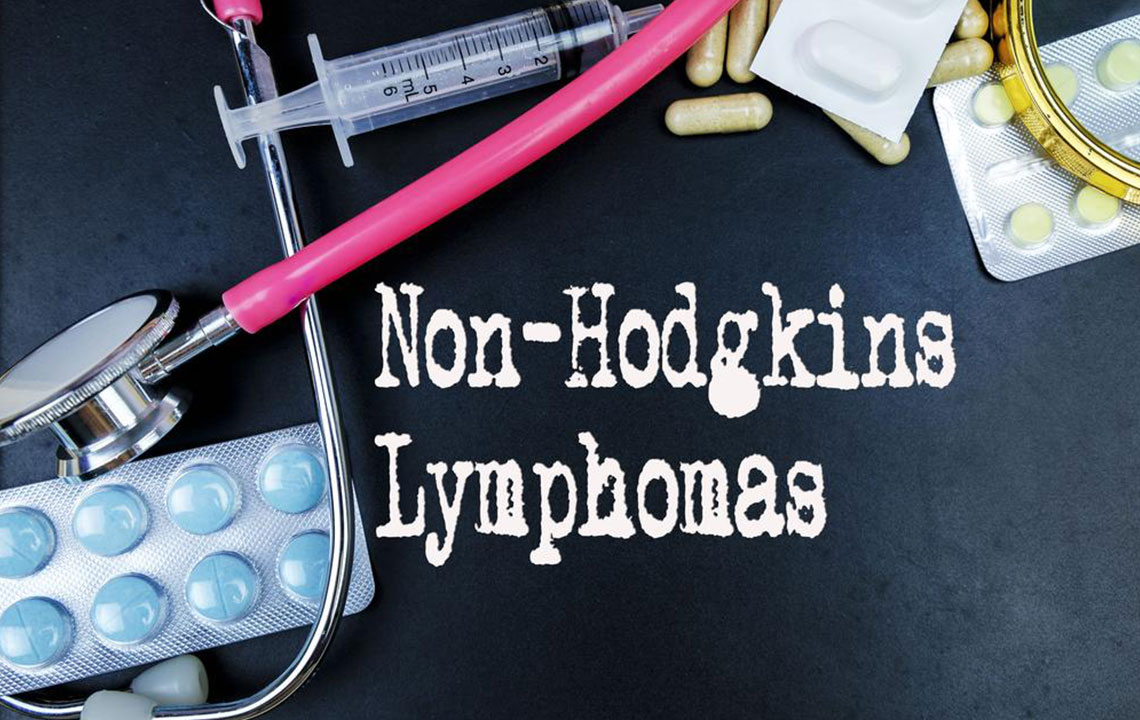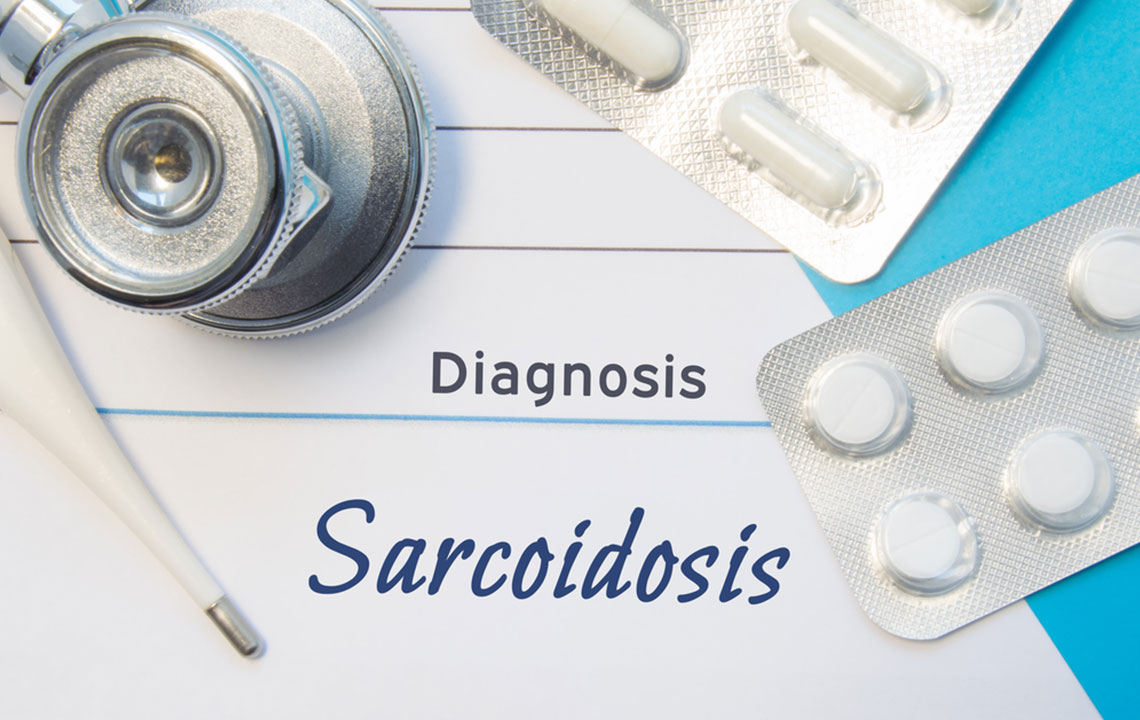Top 6 Risk Factors Associated with Non-Hodgkin Lymphoma
This article explores six common risk factors for non-Hodgkin lymphoma, highlighting demographic details, genetic predispositions, environmental exposures, and immune system issues. Understanding these factors aids early detection and timely treatment. Consulting healthcare professionals for personalized assessment is vital for managing risk and ensuring proper care.

Top 6 Risk Factors Linked to Non-Hodgkin Lymphoma
Non-Hodgkin lymphoma can arise in anyone, regardless of age or background. While certain factors increase the likelihood of developing this condition, it can affect a broad population.
Understanding the risk factors associated with non-Hodgkin lymphoma is crucial before considering treatment options. Below are some of the most common risk elements identified in affected individuals:
Demographic Factors
Age: Individuals over 60 are at greater risk.
Gender: Men tend to have a higher incidence than women.
Race: More prevalent among Caucasians compared to African Americans.
Existing Health Conditions
This includes autoimmune disorders such as rheumatoid arthritis and lupus, as well as infections like HIV/AIDS, Helicobacter pylori, Epstein-Barr virus, human T-cell leukemia/lymphoma virus, human herpesvirus 8, and hepatitis C.
Genetic Predisposition
Inherited immune deficiencies such as hypogammaglobulinemia, Wiskott-Aldrich syndrome, and ataxia-telangiectasia can also raise the risk.
Chemical and Drug Exposure
Contact with chemicals like benzene, pesticides, and insecticides may increase risk. Some chemotherapy agents used for other cancers also pose a risk, making treatment necessary if exposure occurs.
Radiation Exposure
Survivors of nuclear events, like atomic bomb victims or nuclear accidents, have an elevated chance of developing cancers including non-Hodgkin lymphoma. Appropriate treatment is vital in such cases.
Immune System Weakness
Individuals with compromised immune systems, such as organ transplant recipients or those with HIV, face higher risks. Certain inherited syndromes may also contribute.
Recognizing these risk factors is important for early detection. Consulting a healthcare professional is recommended for proper assessment and management.










